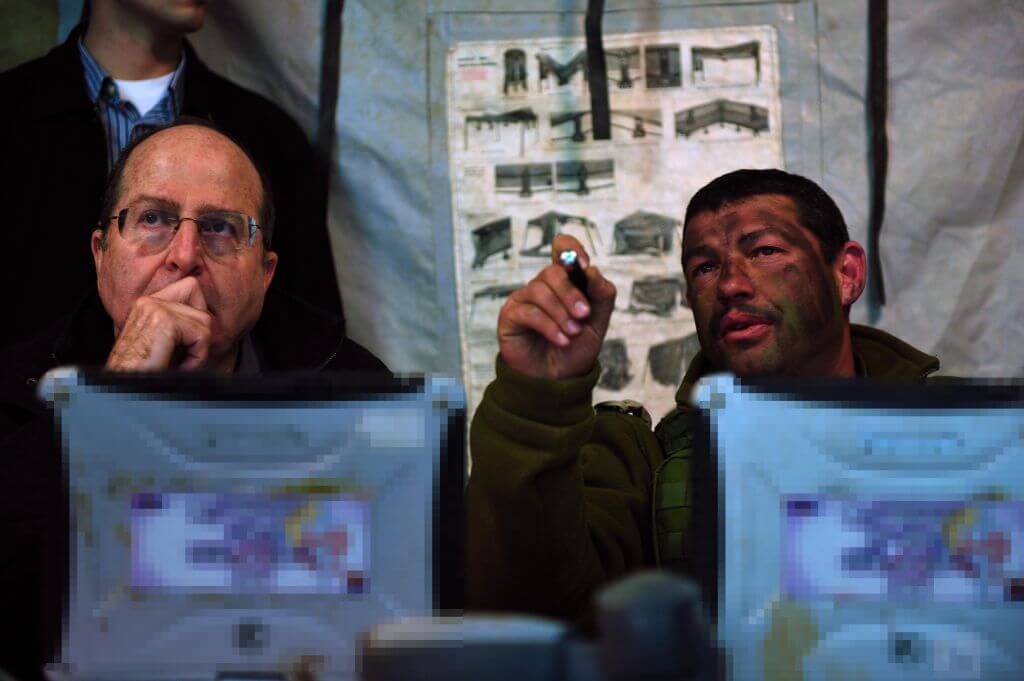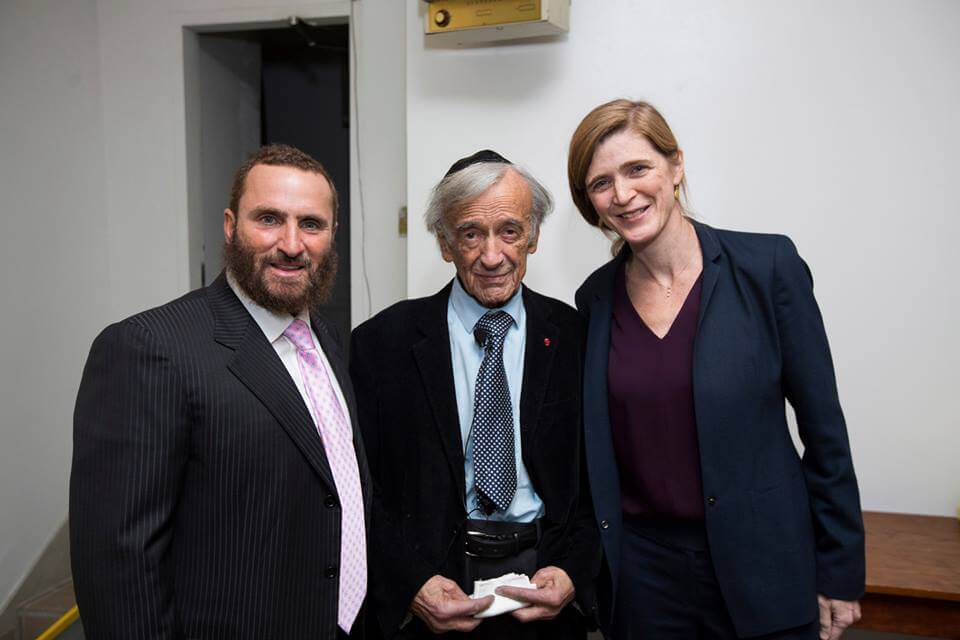As the U.S. prepares to re-engage more deeply in the Iraq War, including the likely deployment of ground troops to help retake Mosul from Islamic State, there has been a push from mainstream commentators to recommit to an ideological view of our military campaigns in the Muslim world. A splashy cover story in The Atlantic, “What ISIS Really Wants”, offers an intellectual foundation for the reenergized War on Terror, presenting full recognition of ISIS’s “very Islamic” nature as a matter of urgent strategic significance. Eamon Murphy writes the obsession with naming Islam as the enemy of the West is in fact a defense of our own side’s troubled ideology. He says the guiding principle of post-World War II foreign policy — that the course of world events should be influenced, wherever possible, by force — is imperiled by the spectacular failure of the War on Terror, which actually succeeded in creating a transnational army of Islamic terrorists. That Islamic State rose in Iraq, then spread to Syria and Libya, threatens to give war a very bad name.
The greatest crime of the twenty-first century so far has come to the big screen, and it’s a hit. Eamon Murphy reviews Clint Eastwood’s film “American Sniper” which tells the story of Iraq war sniper Chris Kyle. Murphy writes: “There’s a generic antiwar undercurrent, but no understanding of the myriad ways in which this specific act of aggression was so monstrous. The conflicting signals were probably part of a strategy to drum up business through controversy, but the movie deserves to be talked about: how a culture remembers its crimes is always of interest. We seem willing to regret the Iraq War, provided that we never have to face it; American Sniper abides by this profitable bargain.”
A coalition of more than 40 New York City community groups held a press conference outside City Hall on Monday calling for the City Council to cancel a planned delegation to Israel. A diverse group of speakers addressed the city’s progressive politicians, asking how they could reconcile their opposition to racism and state violence at home with support for Israel’s policies against the Palestinians.
A controversial military investigation is illuminating the deadliest incident of Operation Protective Edge, as well as one of the Israeli army’s most shadowy directives: an order intended to thwart the abduction of IDF soldiers, even at the risk of killing them. Code named Hannibal, the protocol was carried out in the southern Gaza town of Rafah on August 1, 2014, a date now known as Black Friday; the resulting artillery barrage and torrent of airstrikes killed 190 Palestinians in two days, according to Gaza human rights groups, after the suspected capture by Hamas fighters of 2nd Lt. Hadar Goldin. Recordings of the IDF assault, publicized last week, suggest a chaotic and undisciplined outburst of violence: “I repeat, stop the shooting!” the brigade commander yells over the field radio. “You’re shooting like retards. You’ll kill one another. Enough!”
Shmuley Boteach was joined by Elie Wiesel, Samantha Power, and Noah Feldman at the Cooper Union on Monday night for a discussion called “Genocide and the Jews: A Never-Ending Problem” — a title that evoked Power’s Pulitzer Prize-winning history, “A Problem from Hell”: America and the Age of Genocide. It was an evening characterized by uneasy contradictions, as the panelists differed on the basis for criticizing Israel’s policies toward the Palestinians, the significance of accusing the Jewish state of genocide, and the prospect of a Shoah-like catastrophe in the age of Zionism.
Eamon Murphy offers the definitive analysis of what has come to be knows as “Chickenshitgate.” He writes: “In light of the predictable response to Chickenshitgate — in Israel, indignation on the right and exasperation on the left, pearl-clutching and tongue-clucking here at home — Goldberg’s warning about “unsurprising, post-November” changes to US policy seems like a case of saying it to keep it from happening. Publicly presenting a map with borders and withdrawing diplomatic cover for Israel in the UN would be positive steps for the Obama team; but letting their ostensible pet journalist put them on the defensive against Netanyahu is representative of the wisdom with which they manage the special relationship.”





